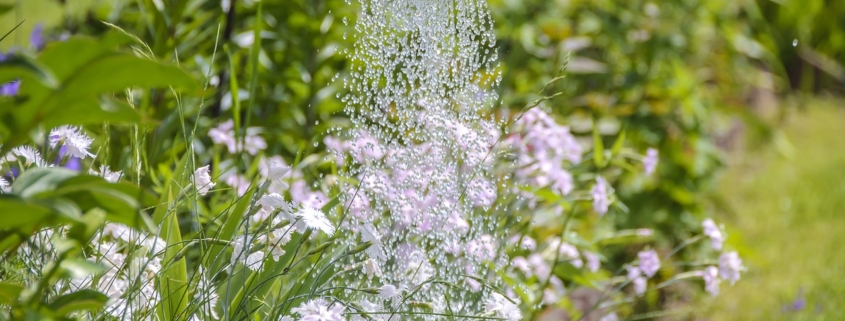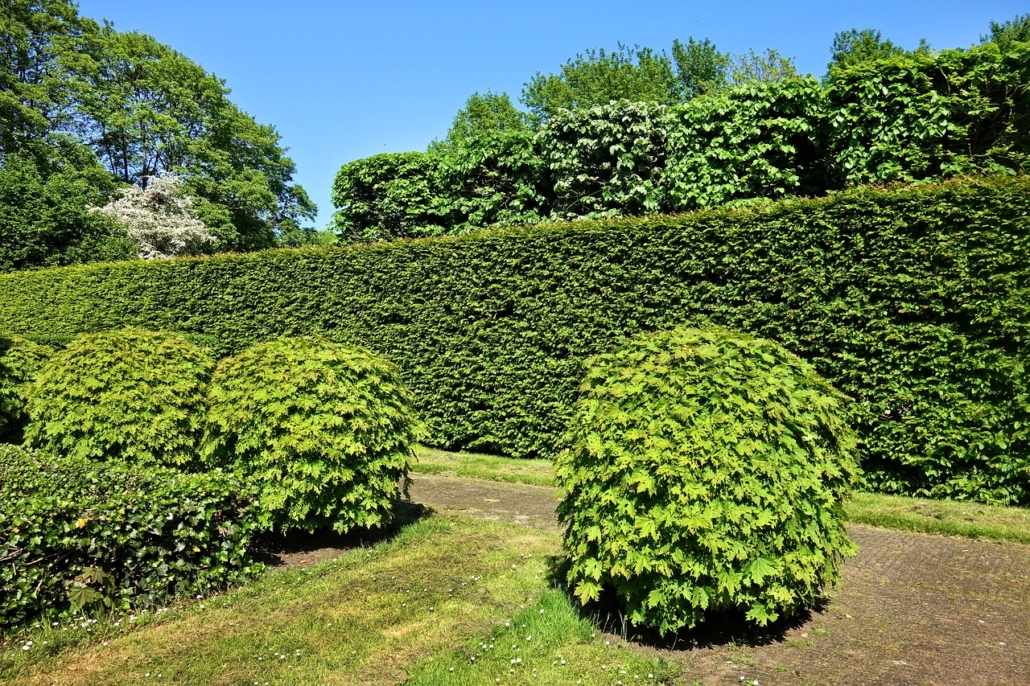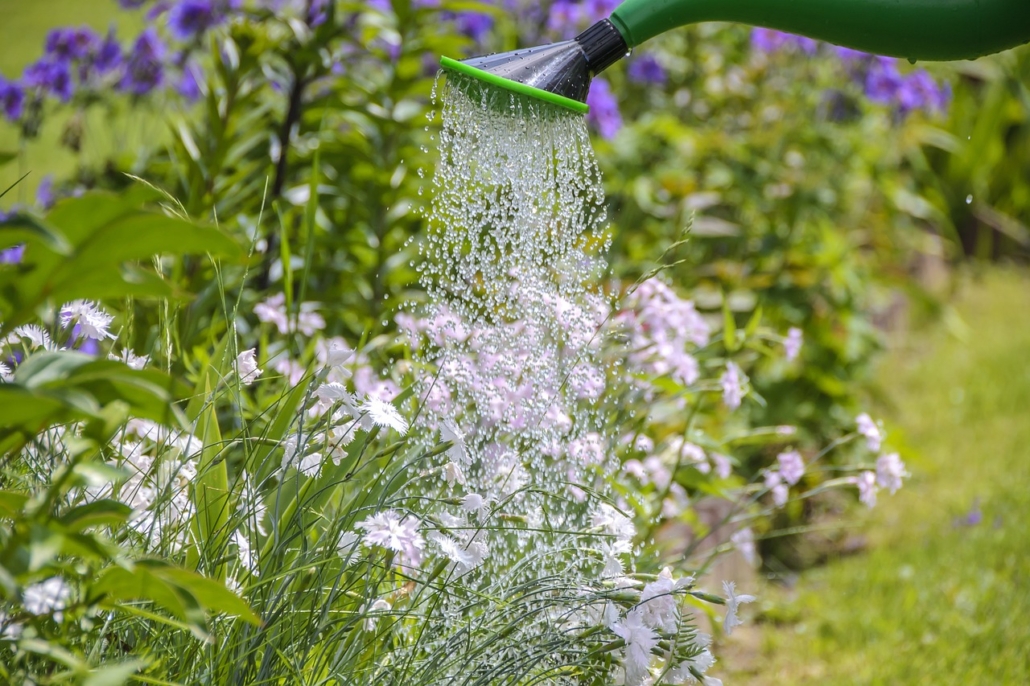Top Tips for Effective Yard Cleanup and Enhancing Your Outdoor Space
 A well-maintained outdoor space not only enhances the curb appeal of your property but also provides a serene environment for relaxation and recreation. To achieve this, regular yard cleanup is essential. Whether you’re preparing for a new season or hosting an event, follow these top 10 tips to ensure your yard cleanup is efficient, thorough, and environmentally friendly.
A well-maintained outdoor space not only enhances the curb appeal of your property but also provides a serene environment for relaxation and recreation. To achieve this, regular yard cleanup is essential. Whether you’re preparing for a new season or hosting an event, follow these top 10 tips to ensure your yard cleanup is efficient, thorough, and environmentally friendly.
-
Plan Your Cleanup
Start by creating a detailed plan. Identify specific areas that need attention, set clear goals, and make a checklist of tasks. Planning ahead allows you to organize your cleanup effectively and ensures no corner of your yard is overlooked.
-
Invest in Quality Tools
Having the right tools for the job can make all the difference. Invest in quality yard cleanup tools like rakes, leaf blowers, pruning shears, and a sturdy wheelbarrow. Well-maintained tools make the cleanup process faster and more efficient.
-
Practice Sustainable Cleanup
Embrace eco-friendly practices during your yard cleanup. Compost organic debris like leaves and grass clippings. Use rainwater for plants, and consider investing in a compost bin for kitchen waste. By reducing waste and reusing organic materials, you contribute positively to the environment.
-
Safety First
Prioritize safety by wearing appropriate protective gear, including gloves, safety goggles, and sturdy footwear. When handling power tools or climbing ladders, follow manufacturer instructions and exercise caution. Safety ensures you complete your cleanup without accidents or injuries.
Trim overgrown bushes, hedges, and tree branches. Proper pruning not only enhances the aesthetic appeal but also promotes plant health. Trim away dead or diseased branches and shape plants to encourage healthy growth.
-
Lawn Care
A lush green lawn is the pride of any outdoor space. Regularly mow your lawn at the appropriate height for your grass type. Address bald patches by reseeding, and consider aerating your lawn to promote better water and nutrient absorption. Hiring yard cleanup services to help maintain your home will speed up the process!
-
Weed Management
Weeds can quickly overtake your garden, stealing nutrients and water from your plants. Regularly inspect your yard for weeds and remove them at the root. Consider mulching flower beds to suppress weed growth naturally.
-
Pest Control
Implement natural pest control methods to protect your plants. Use companion planting techniques and natural repellents to deter pests. Avoid harsh chemical pesticides that harm beneficial insects and the environment.
-
Organize Outdoor Space
Store tools, toys, and other outdoor items in designated spaces. Consider installing a shed or outdoor storage unit to keep your yard clutter-free. Organized spaces create a neat and inviting atmosphere.
-
Regular Maintenance
Finally, establish a routine maintenance schedule. Regularly sweep walkways, clean outdoor furniture, and inspect your yard for any signs of wear or damage. Consistent upkeep ensures your outdoor space remains beautiful year-round.
Proper watering is vital for the health of your plants. Invest in a drip irrigation system or soaker hoses to water plants directly at the roots, minimizing water wastage. Water early in the morning or late in the evening to reduce evaporation, and adjust your watering schedule based on the weather conditions. Consider collecting rainwater in barrels to use for irrigation, which is both eco-friendly and cost-effective.
-
Illuminate Your Space
Outdoor lighting not only enhances the ambiance but also adds a layer of safety and security to your yard. Consider installing solar-powered LED lights along pathways, around garden beds, and near seating areas. Solar lights are energy-efficient and come in various styles, adding a decorative element to your outdoor space while being environmentally conscious.
-
Fertilize Mindfully
When using fertilizers, opt for organic and slow-release options. These fertilizers provide essential nutrients to your plants gradually, promoting long-term growth without harming the environment. Avoid over-fertilizing, as excessive nutrients can leach into the soil and harm nearby water bodies. Regularly test your soil to understand its nutrient needs and fertilize accordingly.
-
Introduce Native Plants
Native plants are adapted to the local climate and soil conditions, requiring less water, pesticides, and maintenance compared to non-native species. Introducing native plants to your garden not only conserves water but also provides a natural habitat for local wildlife, including birds and butterflies. Research native plant species in your area and incorporate them into your landscaping for a sustainable and biodiverse yard.
-
Create a Compost Corner
Establish a designated compost area in your yard to recycle kitchen scraps and yard waste. Composting not only reduces landfill waste but also produces nutrient-rich compost that enhances soil quality. Use compost to enrich your garden beds, improving soil structure and promoting plant growth. Remember to turn the compost regularly to aerate it and speed up the decomposition process.



Leave a Reply
Want to join the discussion?Feel free to contribute!